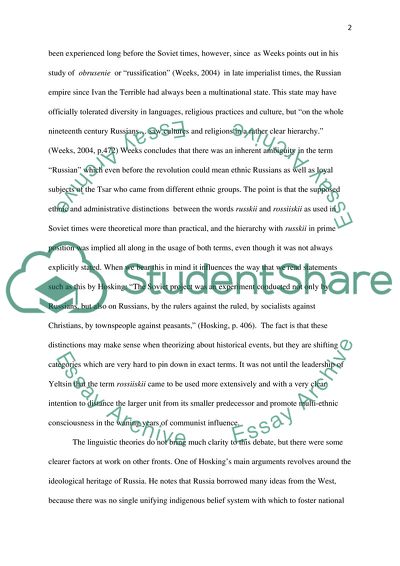Cite this document
(Russians as Collectively and Symbolically the Elite of the Soviet Research Paper, n.d.)
Russians as Collectively and Symbolically the Elite of the Soviet Research Paper. Retrieved from https://studentshare.org/politics/1747019-to-what-extent-were-russians-rulers-andor-victims-of-the-soviet-system
Russians as Collectively and Symbolically the Elite of the Soviet Research Paper. Retrieved from https://studentshare.org/politics/1747019-to-what-extent-were-russians-rulers-andor-victims-of-the-soviet-system
(Russians As Collectively and Symbolically the Elite of the Soviet Research Paper)
Russians As Collectively and Symbolically the Elite of the Soviet Research Paper. https://studentshare.org/politics/1747019-to-what-extent-were-russians-rulers-andor-victims-of-the-soviet-system.
Russians As Collectively and Symbolically the Elite of the Soviet Research Paper. https://studentshare.org/politics/1747019-to-what-extent-were-russians-rulers-andor-victims-of-the-soviet-system.
“Russians As Collectively and Symbolically the Elite of the Soviet Research Paper”, n.d. https://studentshare.org/politics/1747019-to-what-extent-were-russians-rulers-andor-victims-of-the-soviet-system.


